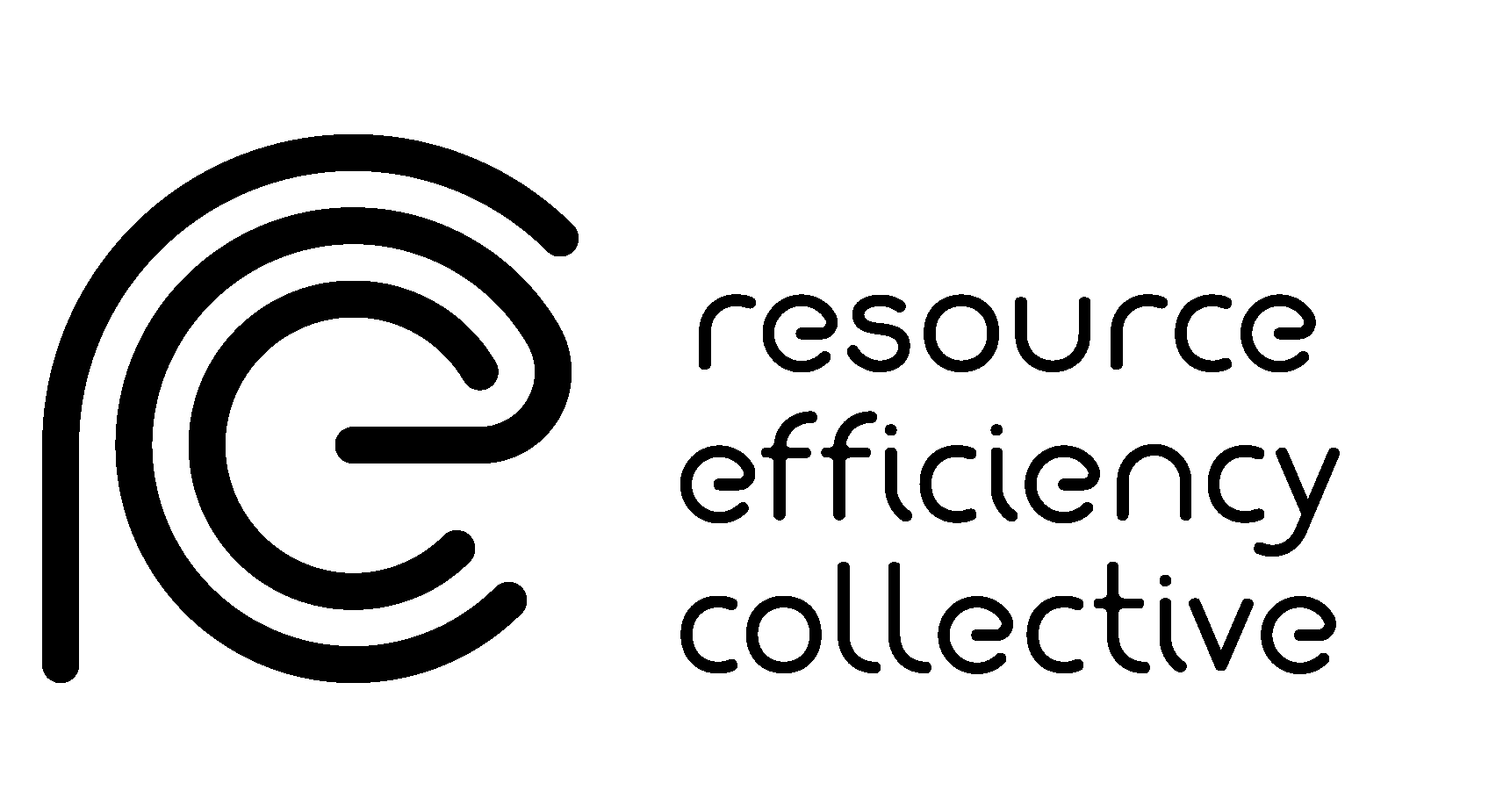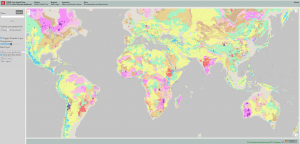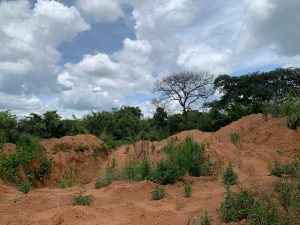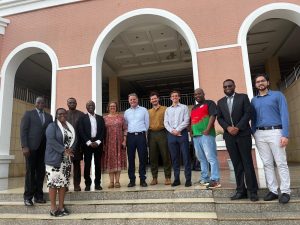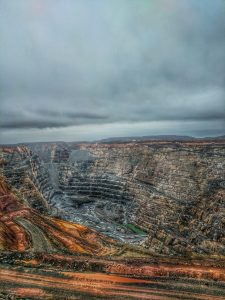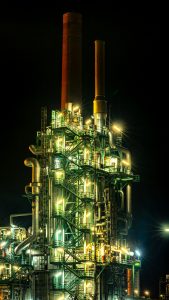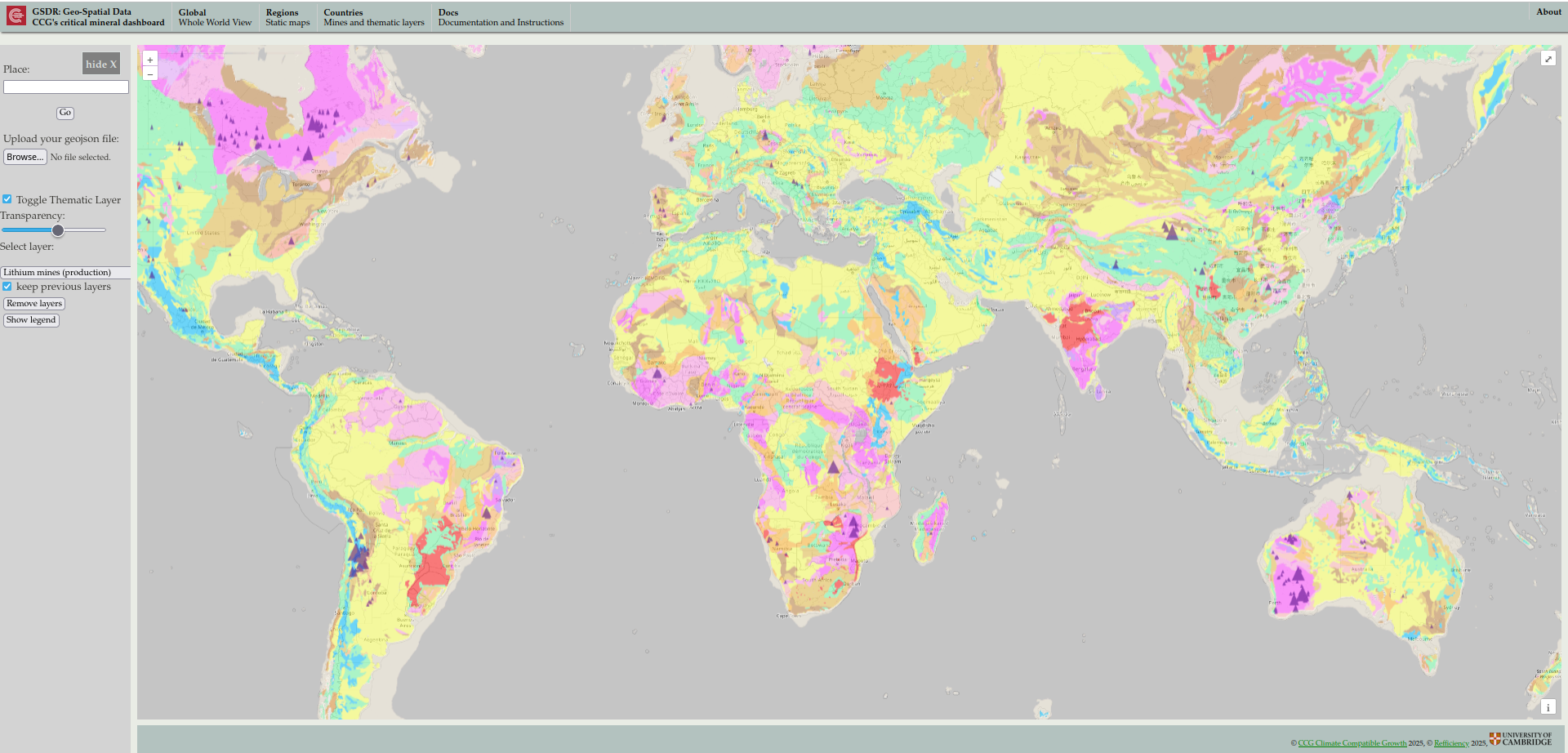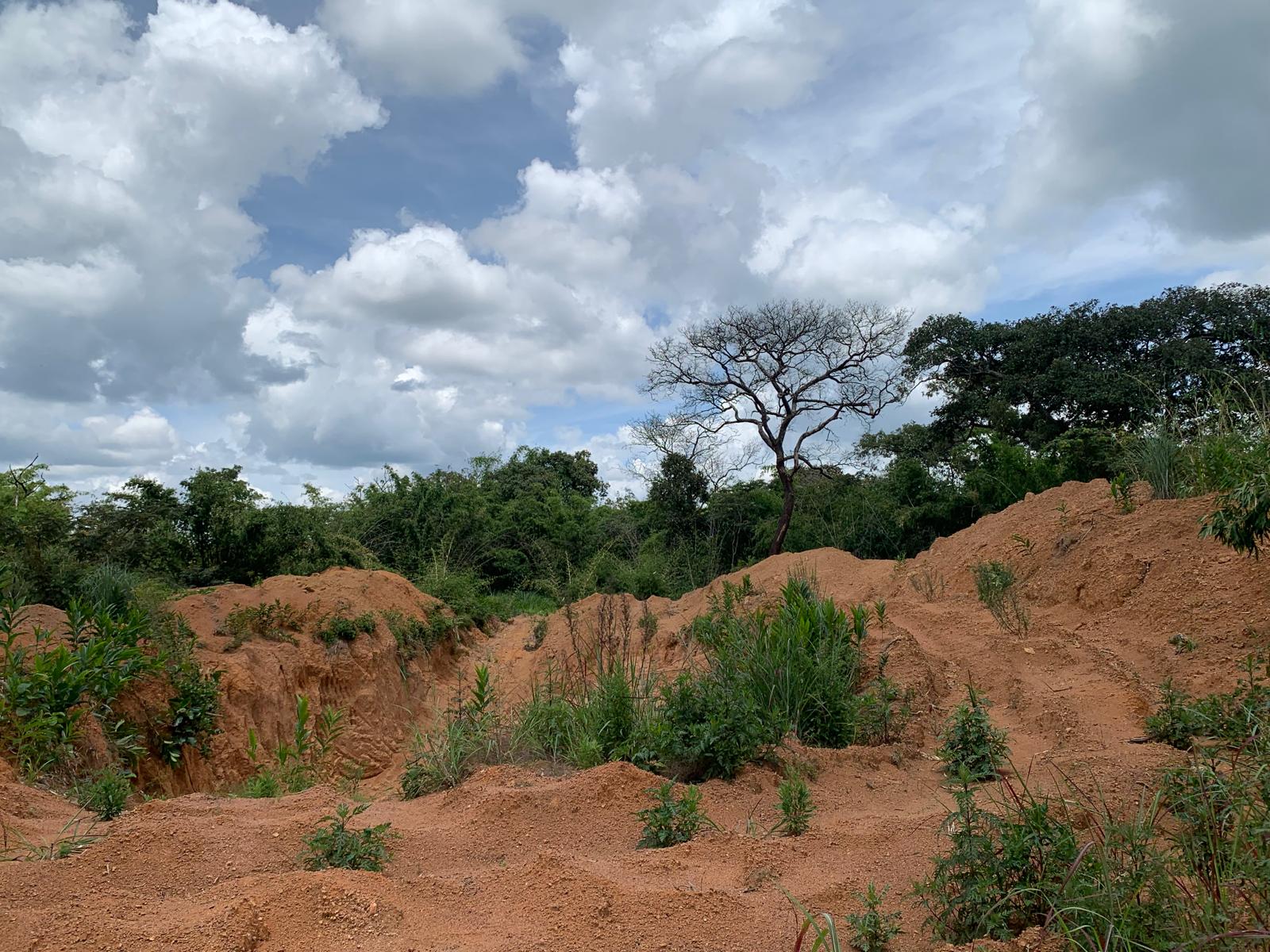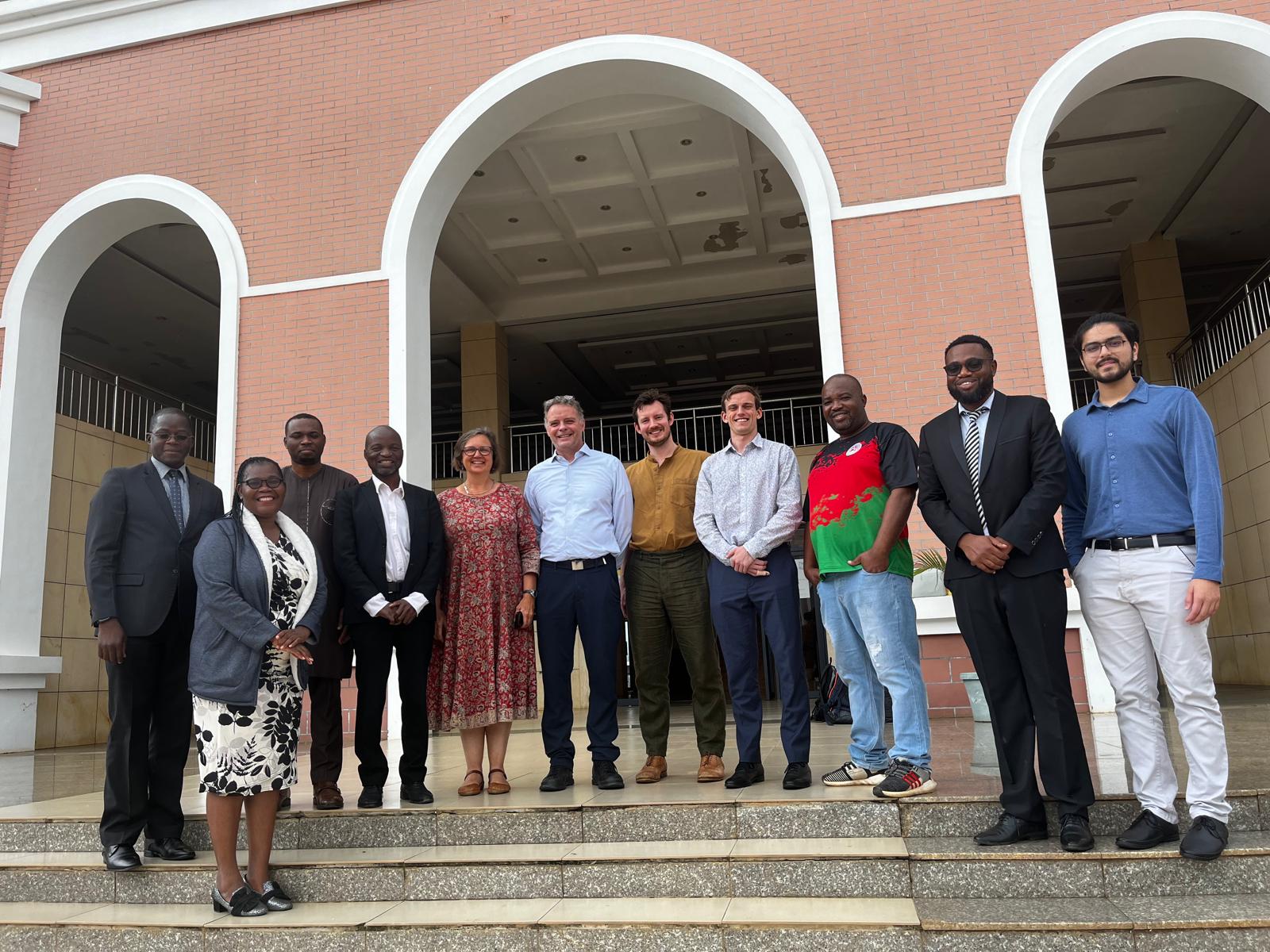Life After a PhD: Peter Levi
This is the next in a series of posts from former PhD students of Resource Efficiency Collective to explore where they are now, and how their PhDs prepared them for life beyond academia.
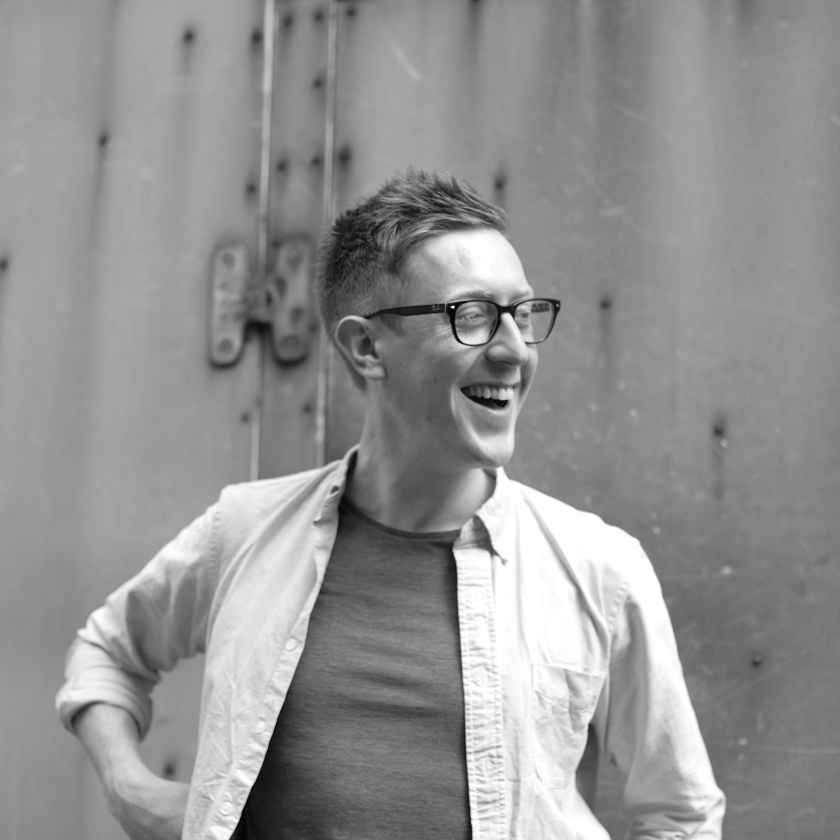
Next up, Peter who completed his PhD in 2020.
Please give a brief summary of your PhD
Industrial chemicals and their derivatives are all-pervasive. Plastic, rubber and synthetic textiles adorn our buildings, vehicles and countless other elements of the modern built environment. Modern agricultural systems could not function at their current level of output without synthetic fertilisers and other agrochemicals, and the pharmaceutical sector as we know it would not exist. We are dependent on chemicals. According to statistics compiled by the International Energy Agency (IEA), the chemical sector is the largest industrial energy consumer. Paradoxically though, the chemical sector is responsible for fewer direct CO2 emissions than either the steel or cement industries. This apparent mismatch arises mainly from the consumption of more than half its energy inputs as feedstock; fuels used as raw material inputs. This factor, combined with the sector’s complexity, makes it a challenging area in which to mitigate emissions, especially given the increases in demand projected for many of its products.
The core aims of my PhD thesis were to identify, compare and prioritise mitigation options for the chemical sector. By adopting the concept of resource efficiency, a broader range of mitigation options can be explored, including supply-side and demand-side options. The former concerns efforts to reduce the emissions that take place during the production-phase of chemical products’ life cycles (e.g. increasing process energy efficiency), whilst the latter includes options that reduce emissions at multiple points in the life cycle by reducing demand for chemical products (e.g. increasing the efficiency of fertiliser application). The core contribution of the thesis was to provide a consistent basis for examining a comprehensive portfolio of mitigation options for the chemical sector, avoiding the current tendency to focus on the supply-side. While a re-balancing of emphasis on the demand-side is shown to yield considerable benefits, supply-side options will continue to be integral to securing a more sustainable supply of chemical products, especially in the long term.
What were your main achievements during your PhD?
– Mapping Global Flows of Chemicals: From Fossil Fuel Feedstocks to Chemical Products – Environmental Science & Technology, American Chemical Society – 100+ citations in the three years since publication
– An internship at the International Energy Agency to construct a model of the chemical and petrochemical sector, and perform analysis which fed into The Future of Petrochemicals, IEA/OECD, Paris.
– A third, as yet unpublished results chapter, which formed the analytical basis for the USD 3m grant for the C-THRU project
What is your current role?
Industry Lead, Energy Technology Policy Division, International Energy Agency
How did your time with Resource Efficiency Collective impact your future?
Aside from putting me in direct contact with what ended up being my future employer, I made great connections that I am still in contact with professionally and personally – I was one of the witnesses in the wedding of my friend and former colleague just a few weeks ago in Spain.
How did your PhD prepare you for your current role (or perhaps it didn’t!)? Are there any skills learned during your PhD which help you in your role today?
I think there are a few key skills that I gained or improved upon during my time at Cambridge, which I benefit from frequently in my current role:
– Writing and communicating clearly – Jonathan [Cullen] and Julian [Allwood] were really great instructors here.
– Targeted and strategic analysis – I didn’t learn much in the way of new mathematical/engineering skills during my PhD beyond those gained during undergrad/MPhil, but I got better at picking the right analysis for the job at hand, and trying to make things as simple as possible while still obtaining the degree of accuracy required. If you need to learn a bit of a new subject/method then do that (interdisciplinary research often demands this), but don’t feel you have to become a world expert at something you just need for a component of your work.
– Getting to grips with new subjects and the latest research relatively quickly – knowing what to read, in what detail, and who to speak to, which details are important and which are not.
What advice would you give to someone who is on the final stretch of their PhD?
– Try to finish up in 3-4 years and don’t overlap with your next role – I did for 3-4 months, and while possible, it isn’t desirable! It may look attractive to speed things up career-wise, but it just takes away your evenings and weekends, and you have to really love what you’re doing to keep that up for any significant stretch.
– Break down the large tasks into small chunks and set interim deadlines – ‘finish first paper by end of first year’ is more stress-inducing than it is helpful; you need multiple tasks/milestones in your calendar that can be completed in a matter of days/weeks. Of course it’s good to root these interim tasks in an overall plan that gets you to where you want to go.
– Do one thing at once, and be honest with yourself as to how long it will take – ‘writing up’ is often relegated to afterthought territory (along with a bunch of other things!); if you know what you want to say, then you can write thousands of words per day, but if you don’t, then you need to give yourself more time to avoid getting demoralised with slow progress. In my experience, reading for a day and not writing a word can often save several days of not producing very much.
– Don’t give your supervisor half-baked pieces of work – treat the interim hand-ins and deadlines like they were essays/coursework you are handing in to be marked, and expect detailed, considered and prompt feedback in return.
– Everyone works differently – so take all of the above with a pinch of salt!
Read more about Peter’s papers here
Find Peter on LinkedIn here
Read other posts from our Life After a PhD series
Photo credit: Christopher Burns
